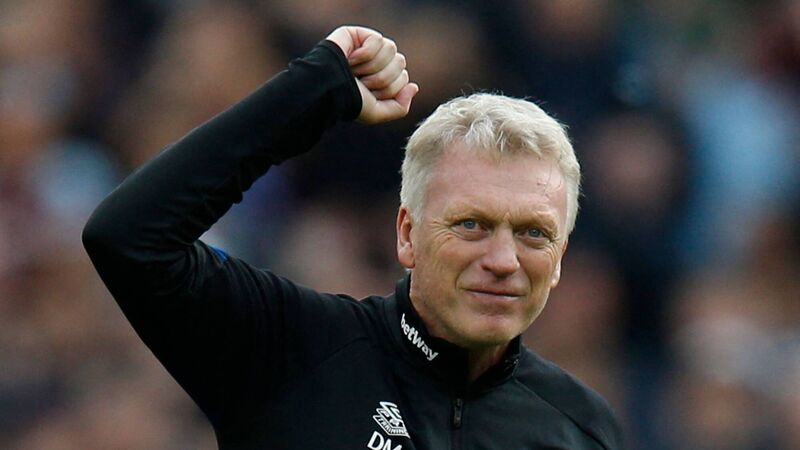Tommy Martin: Rebirth of David Moyes a rebuke to modern chin-stroking toxicity

West Ham boss David Moyes, who has always seemed to stand for good sense, stability and structure. His success is a welcome change in the toxic world of football. Picture: Ian Kington
When you think about it, David Moyes’s West Ham United are an unlikely candidate for the feelgood story of the season so far. I mean, we’re not talking about John Candy and the cast of here.
This is a club owned by two superannuated pornographers who play in a soulless bowl of a stadium that they got off the taxpayer for a steal and whose fans are hardly renowned for their cuddliness.









